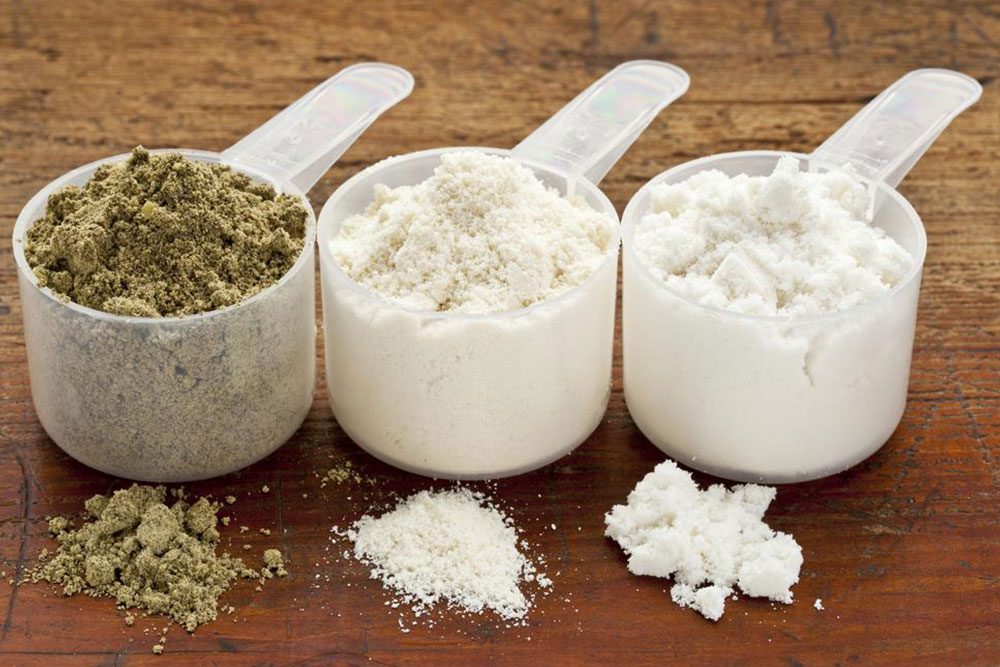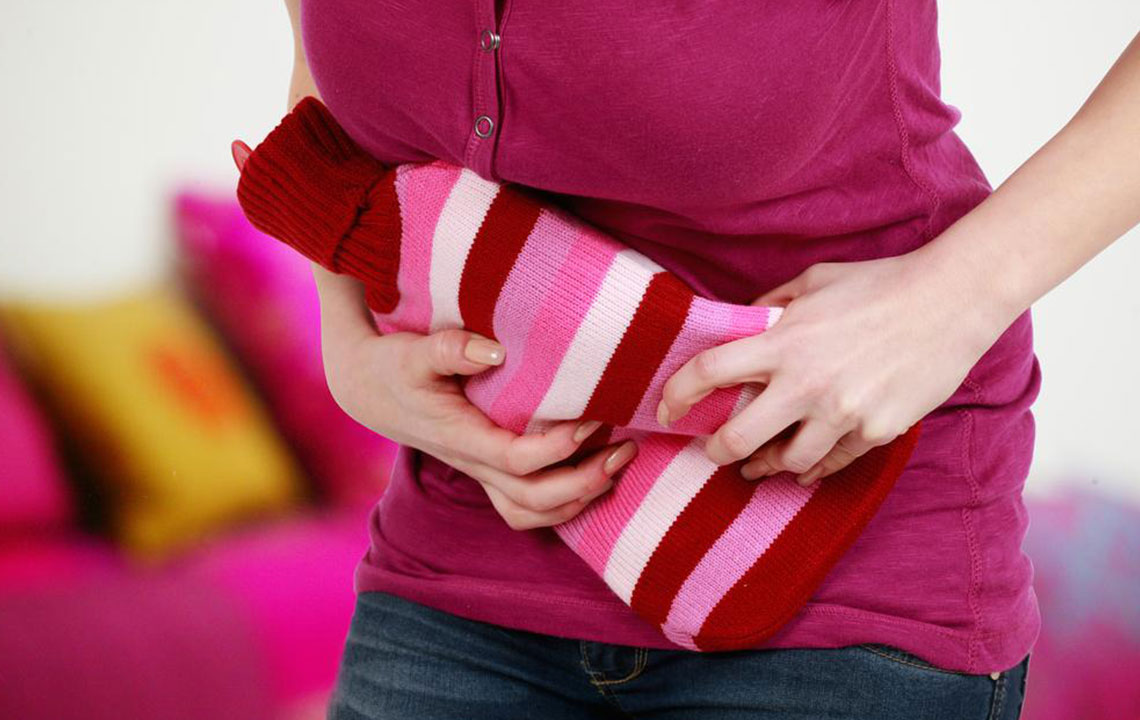Probiotics and Preventive Measures to Manage C. Diff
Clostridioides difficile, or C. diff, is a bacteria that affects one’s gastrointestinal tract, especially the colon, causing diarrhea and inflammation. It mainly occurs as a side effect of lowered immunity or disrupted functioning of intestinal health. Good gut bacteria can easily defeat C. diff and restore the body to health, so it’s important to ensure gut microbiomes remain healthy. While the condition is contagious, it can also resolve easily when managed correctly.

About C. diff
C. diff is a bacterium that infects one’s colon and disrupts the natural balance of one’s digestive system. C. diff infections tend to harm the colon much more than other common bacterial infections. The organisms release toxins that affect the delicate intestinal linings and lead to internal inflammation. The severity of one’s symptoms depends on the extent of damage that occurs due to the toxins. If left untreated or ignored, it can lead to colitis or pseudomembranous colitis. Other natural living bacteria in the body usually keep C. diff in check, but if one takes any prescriptions for other conditions like fever, it can kill these helpful bacteria. This, in turn, gives a free hand to the C. diff bacteria to grow uncontrollably. People over 65 are more vulnerable to this condition since they tend to have lowered immune responses or may be on different treatments already.
Possible signs of C. diff infection
It’s easy to tell if one has developed the condition and needs to consult a doctor. At times, the symptoms of C. diff may look similar to food poisoning, but they tend to persist for long. There are some common warning signs that point toward the condition.
- Watery diarrhea may cause one to rush to the bathroom more than thrice a day. In worse cases, the diarrhea may occur 10 to 15 times daily.
- Blood in stool
- Persistent pain in the abdomen, swollen abdomen
- Nausea, loss of appetite, and vomiting
- Fever and rapid heart rate
Probiotics for relief
Probiotics are microorganisms that provide health benefits, often by restoring or improving the balance of bacteria in the digestive system. They strengthen one’s intestinal flora and keep the gut clean and healthy, which can, in turn, kill the unwanted microbes in the body. There is a range of probiotics that help treat or even prevent diarrhea associated with C .diff.
Best probiotic types for C. diff
Saccharomyces boulardii
The probiotic yeast S. boulardii is commonly used for baking and extracted from alligator strawberry and mangosteen fruit peels. Studies have shown that S. boulardii works well for C. diff by lowering intestinal permeability, boosting immune responses, and blocking inflammation pathways. It can also help break down toxins, protect the gut, and lower the infection’s impact.
LGG and other lactobacilli
Researchers have studied Lactobacillus bacteria, especially LGG, and found that they can survive in the digestive system and help fight harmful bacteria. They have also shown effective results in preventing and treating diarrhea in children and adults.
Multistrain and single-strain probiotics
In some cases, using multistrain and single-strain probiotics can help prevent C. diff from growing. A mono-strain or single-strain probiotic uses a specific species of probiotics (genus), while a multi-species probiotic can belong to multiple organisms (or genera).
There are also multistrain lactobacilli probiotics, which means it comprises several strains of lactobacilli bacteria. They help keep the gut healthy and prevent C. difficile infections. Research that studied these showed that over ten years of use, the probiotics reduced the number and severity of infections without causing any negative side effects in adult patients. But additional research is needed to confirm its benefits.
Lactobacillus reuteri
This probiotic uses a single strain of bacteria and produces a natural antimicrobial compound that directly fights C. difficile. It does not disturb the rest of the gut bacteria and can thus be used even as a preventive strategy. But, studies are yet to be held on a larger scale to ensure its effectiveness.
Some probiotic mixtures may also be useful. Having said that, more research is underway to prove the efficacy of these probiotics, particularly in helping prevent C. diff.
Preventive measures to curb the infection’s growth
Apart from probiotics, one can take other measures to prevent the C. diff infection from spreading.
- Isolation
Since the infection is easily transmittable, staying in isolation can help prevent the spread of the condition to other people. Isolation includes reducing contact with other people, using disposable gloves, removing clothes, and washing them thoroughly after use. - Hand-washing thoroughly
For infected persons, washing their hands with soap and warm water is important. They should also wear masks and avoid shaking hands while coming in contact with other people. - Disinfection
One can use natural or chlorine-based disinfectant products to clear off surfaces that one comes in contact with, like bathrooms or sofas. It ensures that the bacteria hidden in these areas won’t cause reinfection or affect others even as one recovers. - Consult a doctor
It’s important to consult a doctor and check if any of the ongoing treatments are leading to the development of C. diff. In many cases, the infection may gradually go away with some changes in treatment methods.




